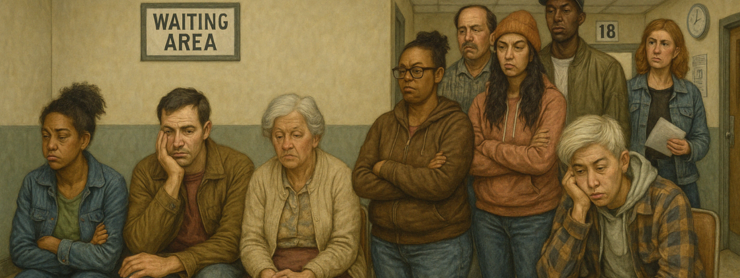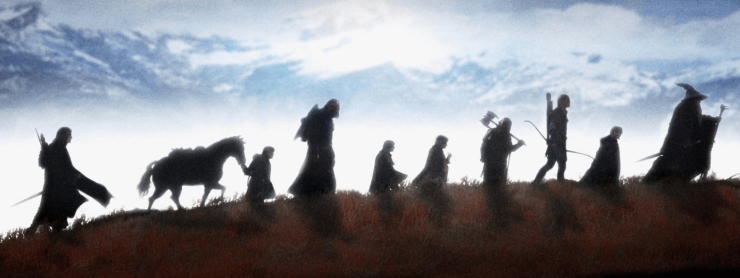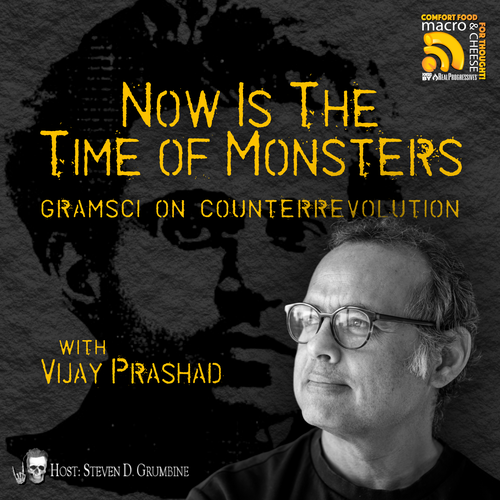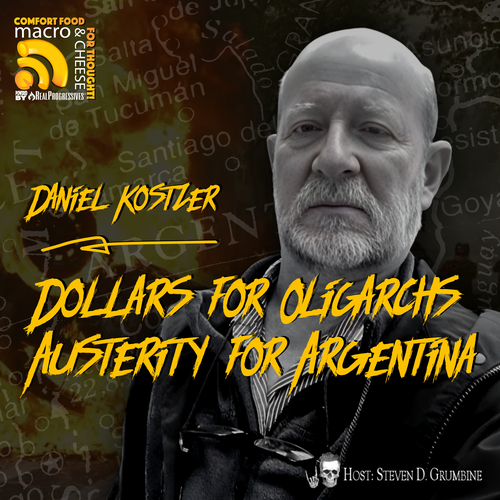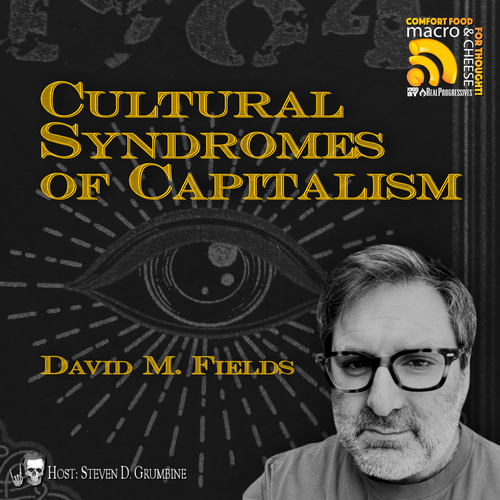I had a friend tell me recently that if they could time travel to the past, they would live under a feudal system of government. No more tedious emails, vacationing half the year while the land isn’t workable, and never having to deal with bureaucratic institutions like the Department of Motor Vehicles are some enticing arguments. However, we won’t change the system if we ignore the things we don’t like. Just looking at the good parts of history will never give us the full picture. We need to examine people, production, and how those things interact if we want to really understand any point in history.
Groups of people with a similar relation to production are called a class. Class isn’t determined by how much income you make or how big your house is. Class is about who owns production and who must work to make a living. If you must work for a wage, you are working class. If you own private property and make money off other people’s labor, you are part of the owning class.
Serfs living under a feudal lord have less freedom to travel and less access to education. They’re required to produce a certain amount of goods and pay taxes through a medieval bureaucratic system. And the cushy life as a lord was only slightly better. They didn’t have access to any modern luxuries, no cars, or phones. The industry and infrastructure that keep society supplied with all our modern amenities aren’t easy to set up or maintain. It’s easy to criticize capitalism today, but it did solve many of the problems that plagued feudalism.
Our class determines our manner of life, not just that workers have less money and owners have more. Our society is structured to be adversarial toward the working class. Media guilts working class folks into feeling bad about their carbon footprint while the rich create more emissions in a single private jet trip than I will in my lifetime. New York’s subways are crawling with police looking to make a bust, while the cops don’t bother white collar criminals at their country clubs and yacht parties.

A state is a tool one class uses to suppress another. Therefore, every institution of the state we deal with is designed to be antagonistic toward us. From state governments that mismanage DMVs and other services, to the federal government and agencies like the IRS, this has led both critics and supporters of capitalism alike to have an overwhelmingly negative opinion of bureaucracy, the driving force behind every successful government.
Bureaucracy is a tool, just like education, money, or guns. As a tool, we must use it to our advantage. We talk about organizing but rarely does this lead to actual radical organization. Organizations need direction and participation; bureaucracy is the most efficient way to direct groups of people over long periods. Bureaucracy can enforce attendance at meetings and group activities. I can’t tell you how many groups I’ve been a part of that have fizzled out because attendance declined, causing those of us who did show up to question whether we should keep coming at all, resulting in a downward spiral that leaves the group completely inactive. I’ve seen this happen to clubs as well as radical organizations.
Before we can understand the modern American bureaucratic system, we must understand its historical context. It is impossible to have any meaningful conversation about the shape of the United States government’s decision-making process without going back to its origin: the American Revolution.
While the currency lost all value and the late colonies refused to ratify even the most rudimentary governing legislation, the Articles of Confederation, the revolutionary army was almost disbanded due to its own mismanagement. Without proper funding, they resorted to plundering the very country they were fighting to protect. After the war, it became clear that a strong federal government with the ability to fund itself and enforce its own attendance would be the only way to control the new country. By examining how weak and ineffective the Articles of Confederation were, we can begin to understand today’s society.
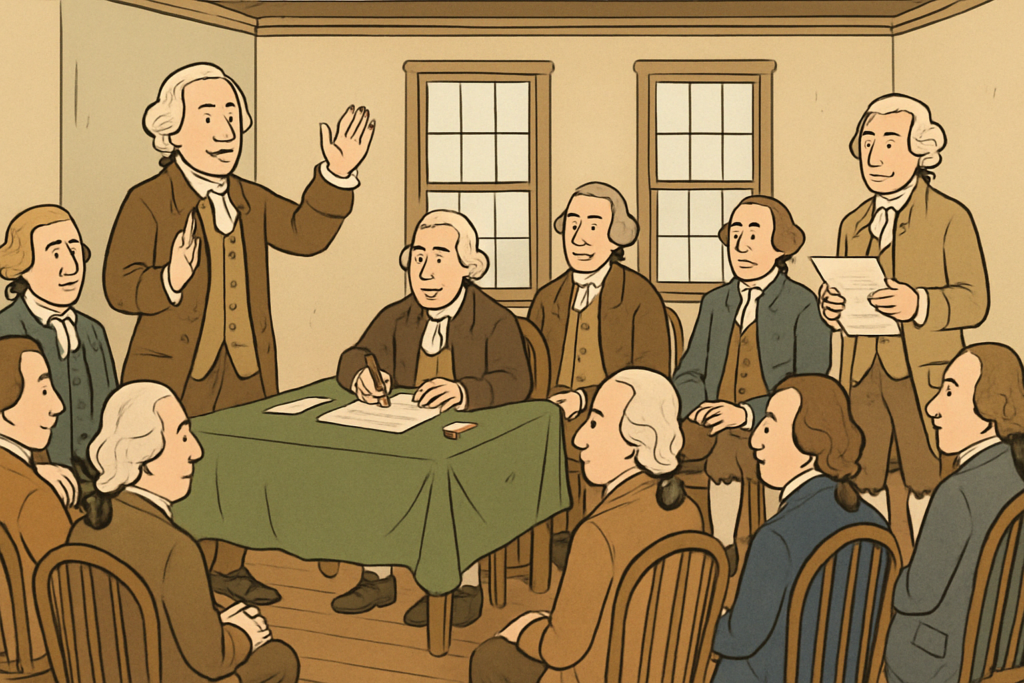
If we believe textbooks manufactured by the ruling class, then the American Revolution was about freedom and democracy for all. When we apply a class analysis, we can see that the wealthy landowning class required a state to enforce their private property rights. Slaves did not gain their freedom; the slave owners gained the freedom to rule however they wanted. The founding fathers needed a system to keep slaves and free workers suppressed so they could maintain their newly found dominance. Wealthy land and slave owners had developed into a ruling class when they took state power; they knew it was possible for workers to do the same. The entire system was designed from the ground up to stifle working class development.
Understanding why bureaucracy is necessary for the function of large groups, as well as its limits and flaws, allows us to create a more efficient and productive form of political organization. It may be difficult to swallow; it can seem counterintuitive to see the value in something we’ve told ourselves you hate again and again. But it is crucial to remember that the biggest bureaucracy we’ve dealt with has been one specifically designed to oppress us.
If we examine a system that helps the working class rather than suppresses it, we can see drastic improvements to the quality of life for its inhabitants. The USSR was created at a time when communication over long distances consisted of handwritten letters delivered on horseback; they were decades behind the world’s industrial powers. A small group was able to organize the masses in such a way that in 40 years they caught up and became an industrial power that pioneered space travel years ahead of those other powers. Through organizing crop yields, they ended the cycle of famine that had plagued Eastern Europe for centuries. They drastically reduced infant mortality and all but eliminated illiteracy. The capitalist mode of production and the bureaucracy that had governed that system previously had no way to solve these problems and, in fact, usually exacerbated them. After the dissolution of the Soviet Union, we saw a lot of that progress reversed by capitalists.
Only through our collective labor will the working class be a match for the ruling class, and to that end, we need to use every tool at our disposal. This means we don’t have the luxury of discarding powerful methods of organization like bureaucracies just because we think they are boring. The revolution isn’t all explosions and fighting; it might be long, boring meetings and reading long, boring documents.
Without any specific lens to examine the world around us, our brains will default to the way the ruling class conditioned us to think. Mental conditioning isn’t science fiction, where they shoot lasers at your eyes and reprogram your brain. Mental conditioning is just repeating a narrative over and over until people forget to think critically about it. It’s having kids say the Pledge of Allegiance every day; being shamed into recycling while corporations spew poison left and right; every show about cops or the military portraying them as heroes.
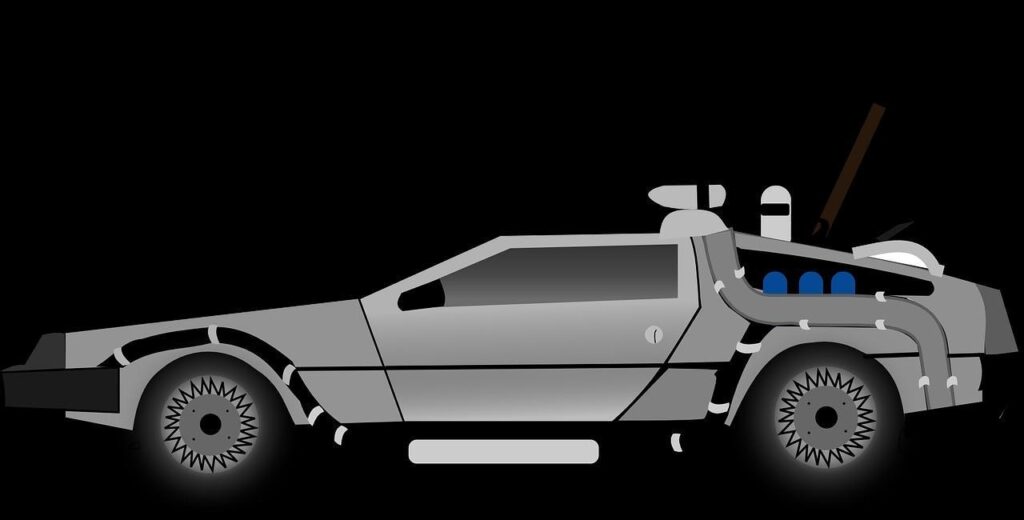
Even when we want to escape capitalism and time travel to the past, our conditioning as workers under a capitalist mode of production haunts us. We weren’t taught our relationship to production and how that determines our class. We always need to look at things through a class lens. The effects of class are everywhere if we look for them. Even somewhere as mundane as the DMV makes more sense once you look at it through a class perspective. On one hand, we can’t have people who are unfit to drive behind the wheel of a car. On the other hand, the DMV is a terrible place where even the people working there don’t seem to know what’s going on. Those long lines and confusing paperwork are meant to be a hassle for us. The US government can put a man on the moon, they could easily create an efficient DMV. They deliberately waste our time and energy instead.
Class analysis isn’t the only lens needed to understand society. Things like racism and transphobia also need to be understood. Combining other world views with class analysis gives us a more thorough understanding of everything. A black worker is more likely to be harassed by the police than a black business owner, but they are both more likely to be harassed than their white counterparts. Illinois Black Panther chairman Fred Hampton put it perfectly when he said, “no matter what color you are, there are only two classes”.
The ruling class wants us fighting each other over our frustration with life under capitalism. The best thing we can do is learn together and understand how the mechanisms of bureaucracies work. Only when we as a class understand how they operate will we be ready to take control and use them to benefit workers instead of against us. Class analysis isn’t just about analyzing history and understanding the present; it’s hope for the future. We will see a better world, and it starts with understanding the one we live in right now.


